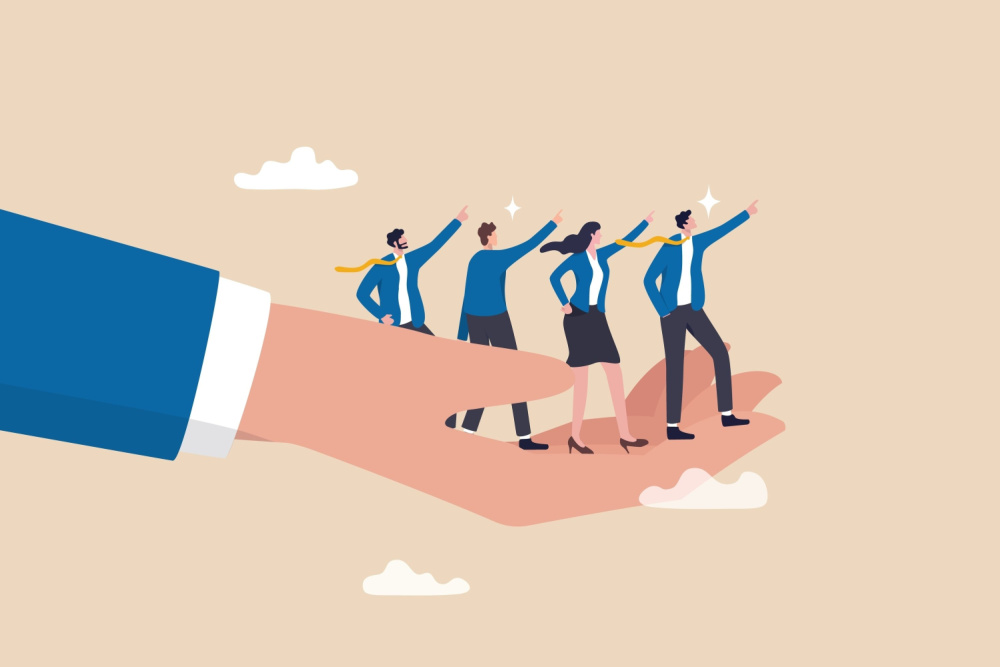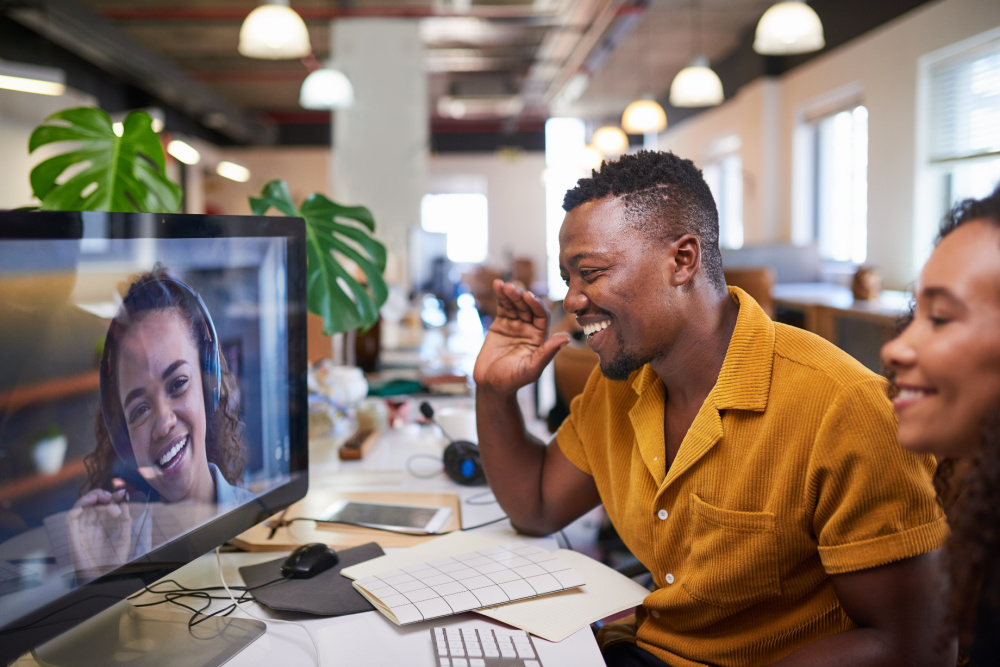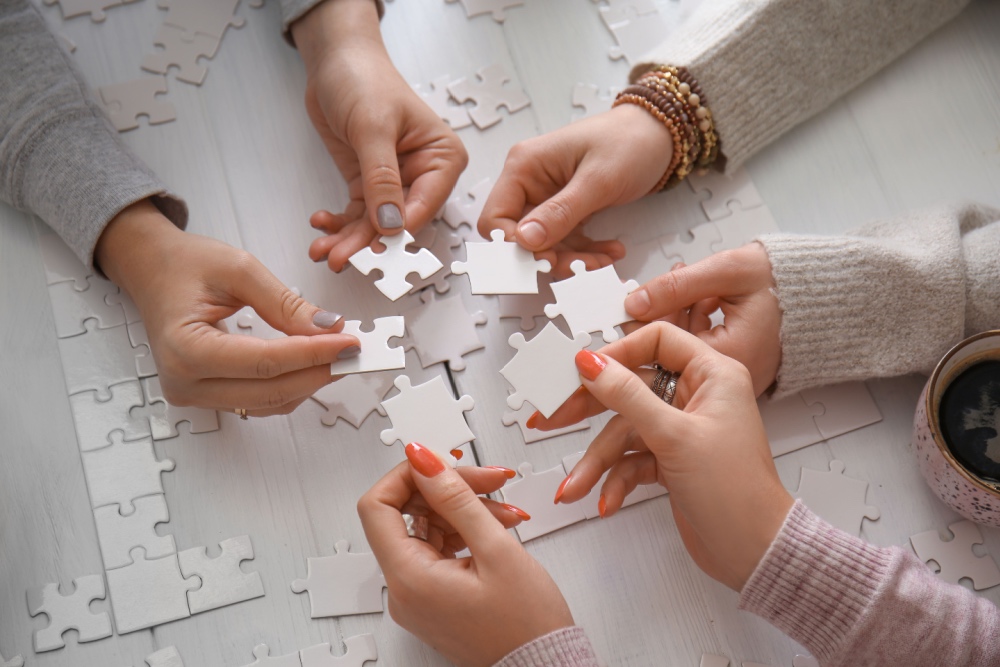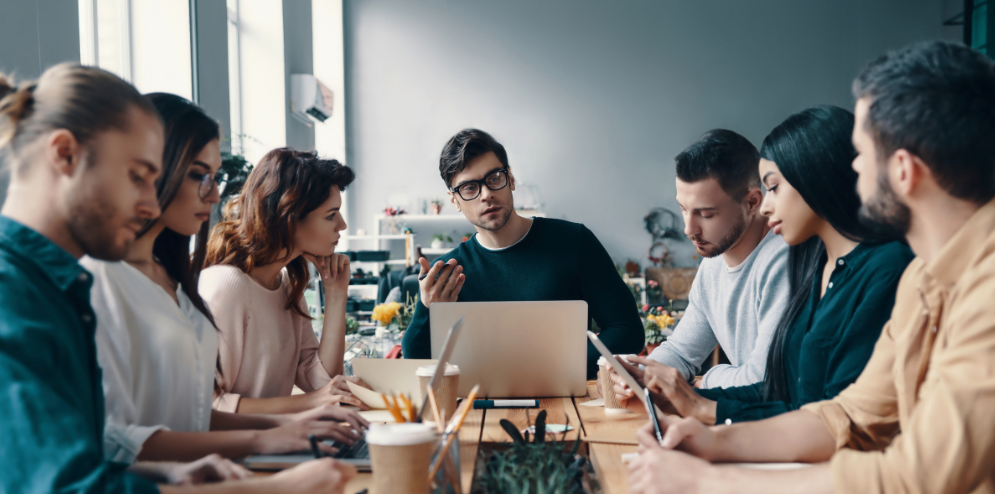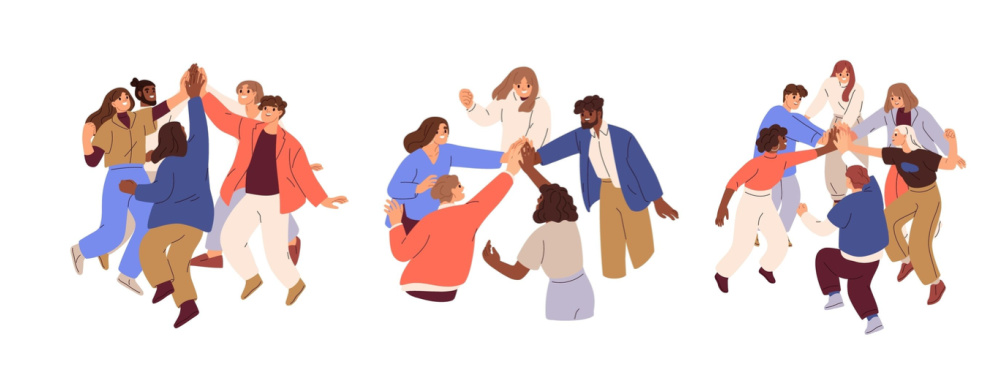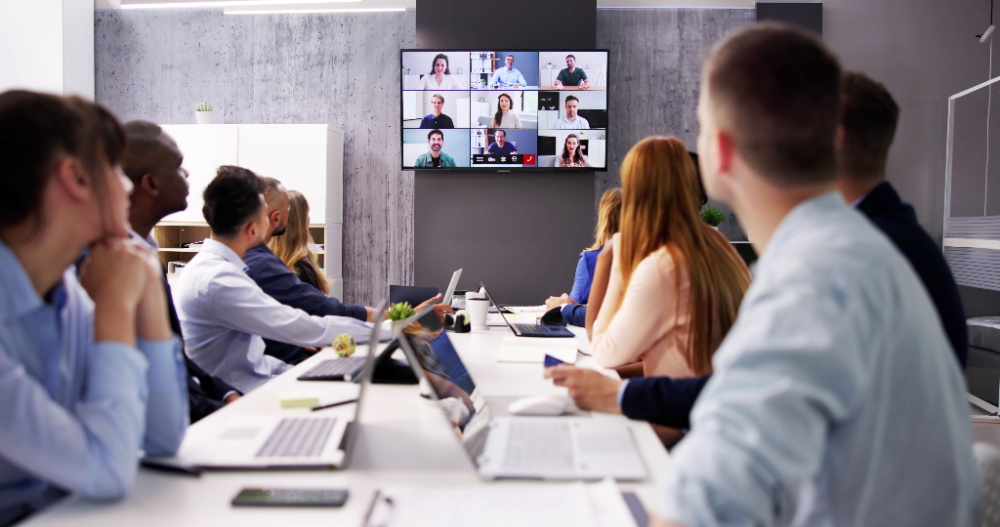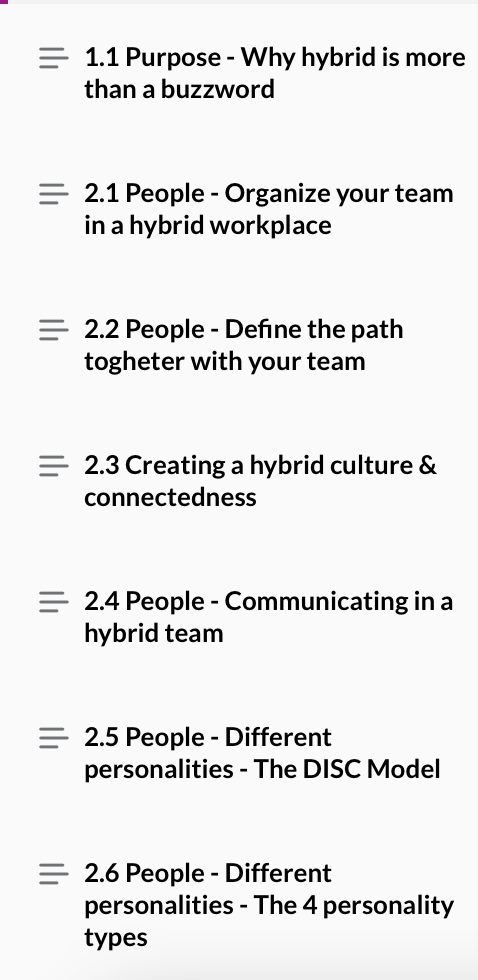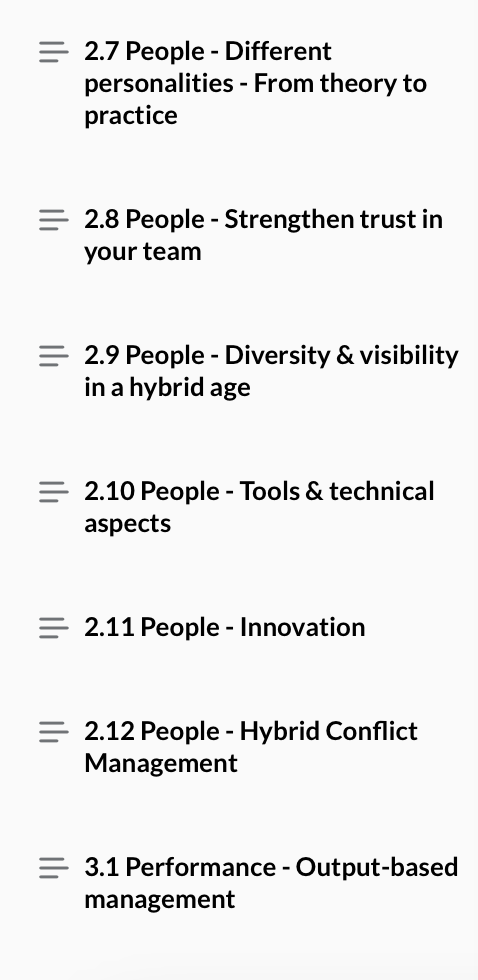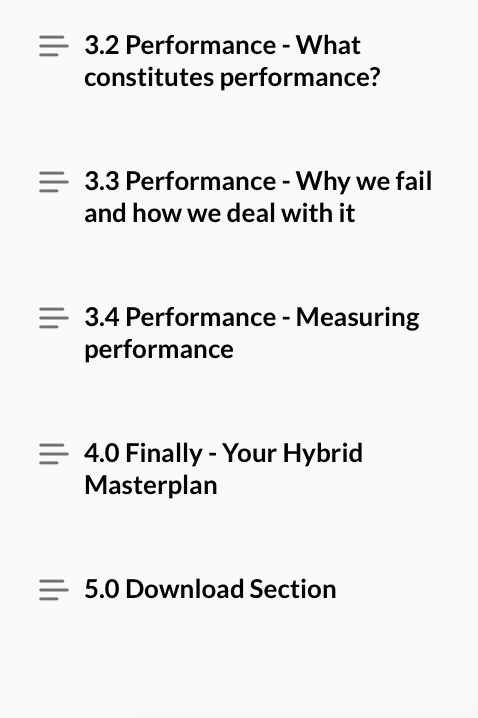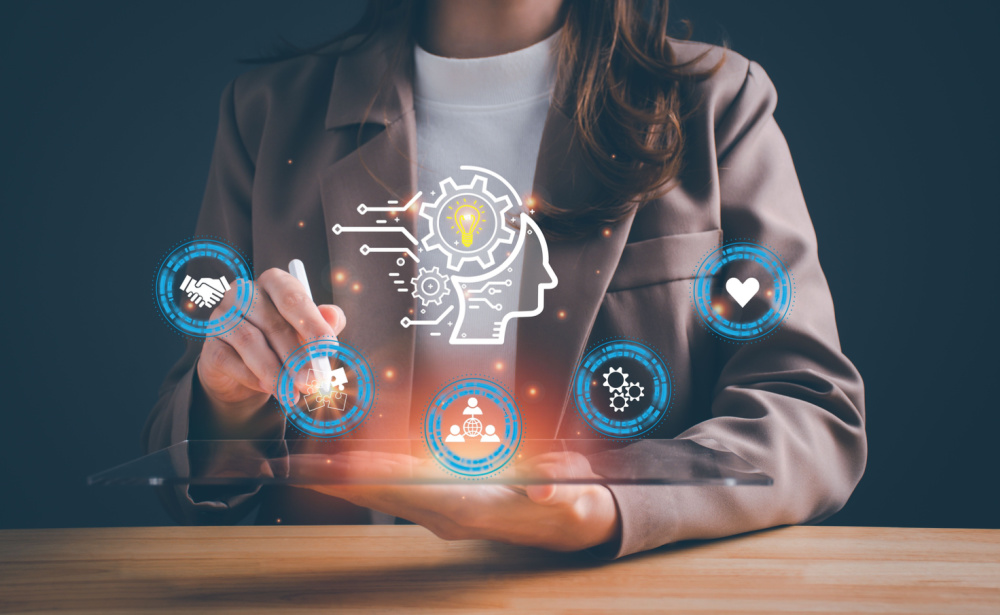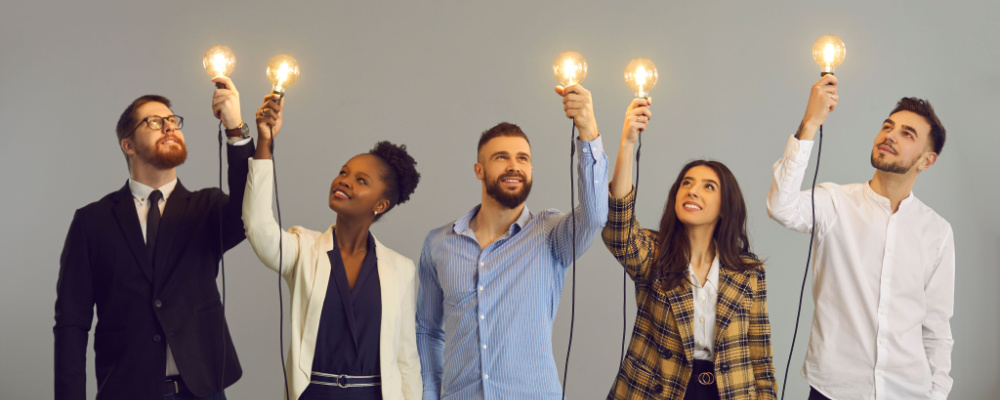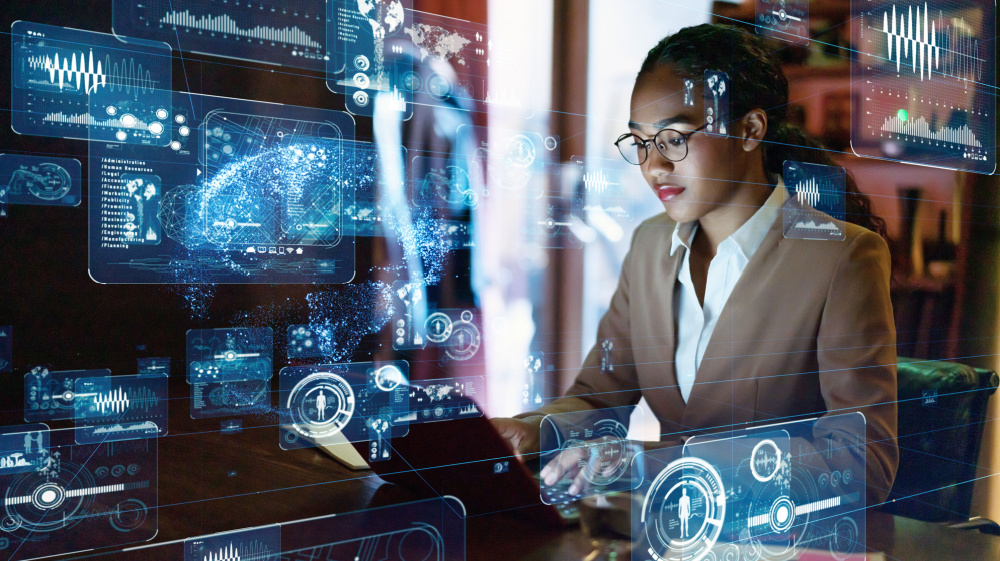
How to Increase Performance in a Hybrid Set-Up
How to Increase Performance in a Hybrid Set-Up
Prefer to listen to the article? Click below to access our AI speech-generated audio. However, if you want to read it as usual, keep scrolling.
How to Increase Performance in a Hybrid Set-Up
Is sitting 8 hours in the office productive? At the moment we are getting paid for the time spent at work. In the future, however, and this is something we already realize, the results will matter more than the time spent to achieve them.
In his new Rise Course, our MDI trainer and partner Peter Grabuschnig shares all his knowledge on Hybrid Leadership.
It offers a reflective look at your leadership behavior in times of new work, work location, and increasing flexibility. In this blog article, he will introduce you to the third pillar of the 3P model – Performance and explain how you can improve the performance of your team.
Time Spent vs Results Delivered
Working a lot of overtime and the associated assumption of hardworking employees is becoming increasingly outdated. Just because someone sits in front of a screen for 8 hours, doesn’t necessarily mean that they are also productive and efficient.
In many areas of our work, we have ready-defined clear factors that show us whether someone is performing. This is especially true in jobs that can be measured through numbers. There, we have personal Key Performance Indicators (KPIs) and targets that you have to achieve.
In some positions, however, measuring performance is not so simple. In this case, it is necessary to define the KPIs, measures, and goals together which are used to measure whether one has been productive or successful. What we can see is a shift from Time Spent to Results Delivered.
Debunking Hybrid Leadership Assumptions
One of my clients had the most productive year in its history after introducing hybrid work. This is largely due to the employees working more productively at home. In the beginning, the assumption was that people would be too distracted in the home office or that they would need more motivation than usual.
However, this assumption was quickly disproven. In some cases, even the opposite was true. Due to the social interactions in the office, most employees do not get to 8 hours of focused and productive work per day.
Now, if individuals finish the same work faster at the home office than in the office, they effectively save themselves several hours in their days.
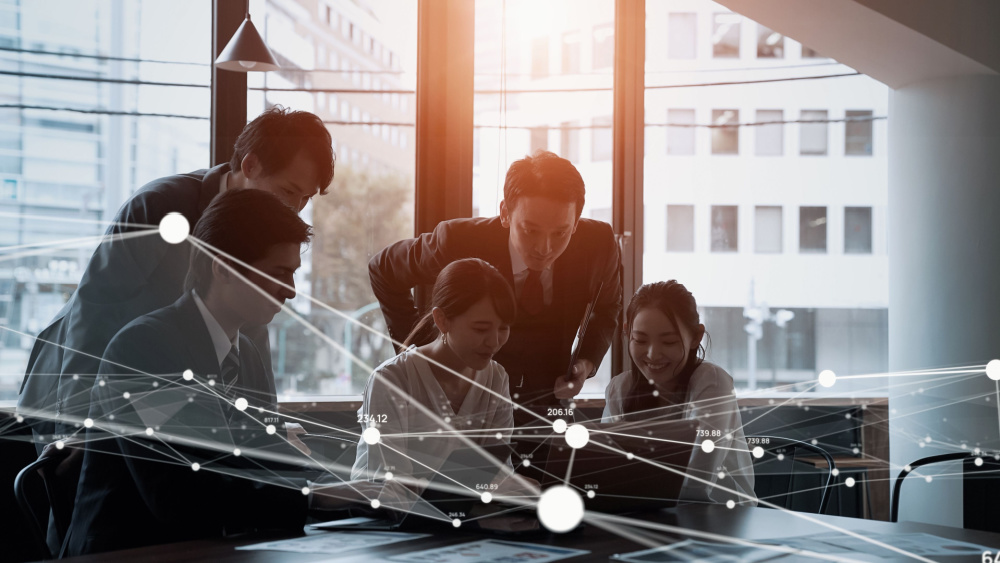
The Future Leader
Companies will have to think about how to deal with this in the future. After all, you are paid for the time spent working and not for the results you deliver. In the future, the focus per performance measurement will be more on the results and less on the working hours.
This means that as leaders, we will have to think about how and what goals we define with our employees. What work packages do we put together? How do we ultimately evaluate and measure performance?
Trust in Hybrid Leadership
Trust also becomes very important, as well as self-organization. Some people are better at this, while others struggle. If you think about your team, you will probably immediately think of people you know who do a good job at home and who you trust.
On the other hand, there are probably some people you are not 100% sure about, right? Now you can of course try to insist on presence in the office with those employees you don’t trust very much. But whether that makes things better is another question.
Because even in the office you can’t know if they are working productively or just killing time. Performance is not necessarily dependent on where you work, but rather on what goals you set and how you track and measure the results.
If you are not sure what performance to measure in your employees, discuss it with them. Work out together what makes sense and how they can show you as a leader that they are actively contributing to the results.
Being Transparent as a Leader
Transparency plays a particularly important role here. The classical micromanager who follows his employees’ every move will have a very difficult time in the hybrid system. On the other hand, too little supervision is also a disadvantage since you should know what your employees are doing all day.
Try to create a balance. Instead of constantly having to ask whether something has been done, first define for yourself what information you actually need and then make a plan with your team on how to get it.
This can happen through a stand-up, a Jour-Fix, but also asynchronously. It is only important that you make it clear to your employees that this is not about checking on them in a narrower sense, but also about their performance and them being seen and noticed.
Think about how you currently measure the performance of your employees. Is it mainly hard factors (numbers, data, facts,…) or is it also soft factors on an interpersonal level?
On a scale from 1 to 10, how satisfied are you per employee with the performance evaluation? Note: this does not mean the performance itself. Perhaps you have a personal proximity bias that rates the performance of certain employees higher or lower?
We hope you have enjoyed this snippet from Peter’s Rise course! You can contact us if you are interested in this course or follow along on our blog, where we will share other content of the course as well.

Peter Grabuschnig
Trainer, Coach & MDI Partner
Peter is a partner and trainer at MDI, advising major international corporations on implementing hybrid work policies and building a hybrid work and leadership culture.
He is considered an expert in training design. With his Webinar Guru Framework he has developed a tool that helps to design training content for successful and activating virtual learning.

